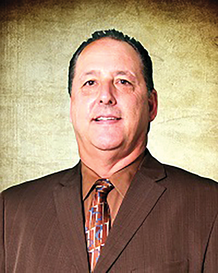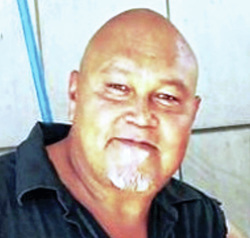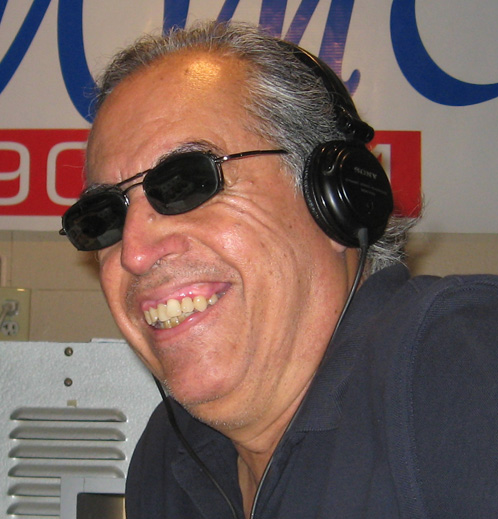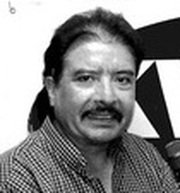Val Verde County DWI Specialty Court The criminal justice system is perceived as a punitive dead end that offers little hope to the person arrested or criminally charged. Even when the offense is a misdemeanor or, in particular, a DWI. But that narrative has changed in Val Verde County. The Val Verde County DWI Specialty Court helps those who find themselves in a DWI situation. The specialty court is a state-funded program — through a grant from the governor’s office — that provides services to Val Verde County residents who could be or who are, in the criminal justice system due to a DWI. “The difficulty is you’re dealing with individuals that have issues — not all of them — with alcohol and, or, drugs,” said Val Verde County Court at Law Judge Sergio Gonzalez. “Everything we do, it’s a team approach. “Everything we do is evidenced based…means that it’s worked before and it’s all data-driven…the percentages and the figures that have come out of this data is reflective that it’s an approach that works.” The DWI specialty court team includes Gonzalez, a defense attorney, a prosecutor, an assigned probation officer, a licensed professional counselor, a coordinator and a case manager. DWI offenders can enter the specialty court program as participants after an arrest and prior to charges being filed, (pre-adjudicative) or after charges, have been filed (post-adjudicative). They’re referred to the DWI court by a magistrate or justice of the peace. Gonzalez said the specialty court runs parallel to the criminal case where it monitors the person, performs risk assessments via urine analysis or swabs to detect specific levels of alcohol or drugs, and furnishes counseling. The court meets every two weeks and is well-equipped with updated information relevant to program participants. “It’s worked out pretty good and provided a lot of services that typically you would never have for individuals that were in the criminal justice system for DWI,” he said. The Val Verde County Specialty Court began in 2015 and is funded annually by the grant. Initially, 10-20 participants were in the court program, and now there are 47 with the total amount capped at 50 by the state. The court requires yearly authorization from the commissioners court to apply for the grant. People who don’t reside in Val Verde County or have been arrested for drug-related or violent crimes are not eligible for the specialty court program. Also, potential participants are denied entry into the program if the team decides not to accept them after carefully evaluating two initial assessments that they’re required to undergo. Another aspect of DWI circumstances is the suspension of a driver’s license. Anyone in Texas arrested for DWI will have their driver’s license suspended, Gonzalez said. The court encourages participants to get their license back as soon as possible. And it can help a participant recover normal license status. “If we accept them into this program, we can write a letter to the justice of the peace and say, ‘Hey, this is what the program consists of, this is what we do. In lieu of this person successfully being a part of this program, are you willing to assist them? Either reducing their obligations to you, doing away with it altogether, as long as they successfully complete the program.’ And in some cases, they do,” he said. Ultimately, the specialty court’s mission is to enhance public safety and reduce recidivism by offering to assist county residents who are program participants a chance to change their lives. “We try and get their trust to let them know, ‘Hey, we’re here for you. We’re able to help you. Let us help you,’” Gonzalez said. |
�
KWMC
|

 RSS Feed
RSS Feed



